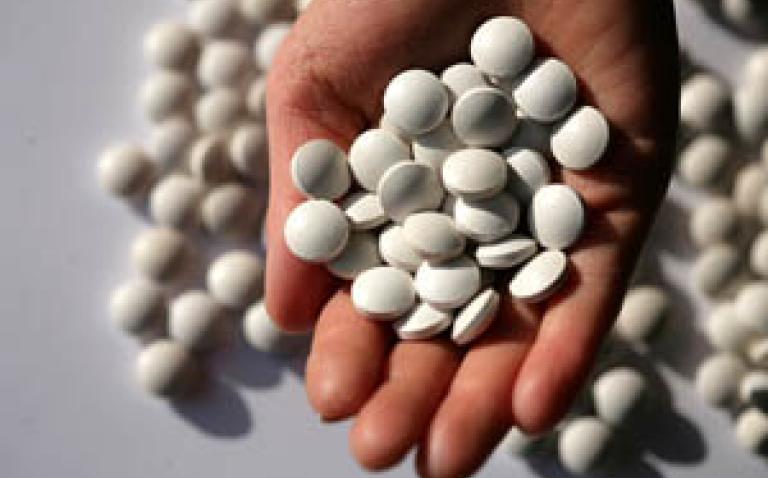The NHS could save half a billion pounds each year and reduce the threat of antibiotic resistance, if it was to manage the use of antibiotics with more accurate diagnostics, according to scientists at UK biotechnology firm, Randox.
The claim comes after a study carried out by University College London and Public Health England revealed that the proportion of patients given antibiotics for coughs and colds has risen by a staggering 40% this century. In addition, it is estimated that each year one million people across GB spend at least one week in hospital due to respiratory infections. Through more accurate diagnosis, and the more appropriate use of antibiotics, it is possible to improve treatment and reduce the effect of antibiotic resistance. A reduction of average bed stays from seven days to five days would save the NHS half a billion pounds annually.
First time, accurate diagnosis is the key and scientists at the UK company have revealed the latest weapon in the fight against antibiotic resistance: A new test for the identification of respiratory infections. The test screens saliva, mucus or sputum from a patient and can accurately identify up to 22 infections, both viral and bacterial, at the same time, with results back to the doctor on the same day.
The test will allow for much needed progression in appropriate prescribing and treatment – enabling doctors to prescribe the correct antibiotic, not just ‘an’ antibiotic or indeed another form of effective medication.
End one-size-fits-all mentality
“The rise in antibiotic resistance has been fuelled by GP reliance on and patients’ demands for antibiotics. Public Health England has called for the need to ‘make improvements to antibiotic prescribing’; there is a need to end the one size fits all mentality”, says Dr Peter FitzGerald, Managing Director at Randox Laboratories:
“This study further validates our concerns and reinforces the pressing need for real action. The Prime Minister has said that the threat of antibiotic resistance, could cast us back to the ‘dark ages of medicine’, this does not have to happen! There are solutions – new technology to improve diagnostics is available. We are calling on the newly established ‘war cabinet on antimicrobial resistance’ to engage this technology as part of their weaponry and start tackling the issue at the frontline.”










